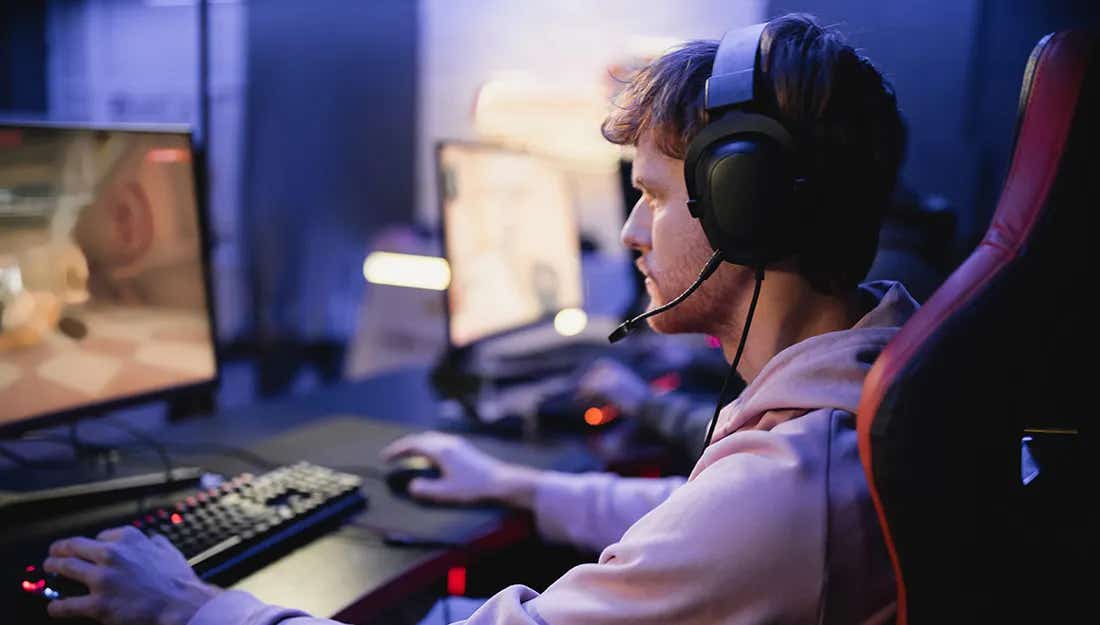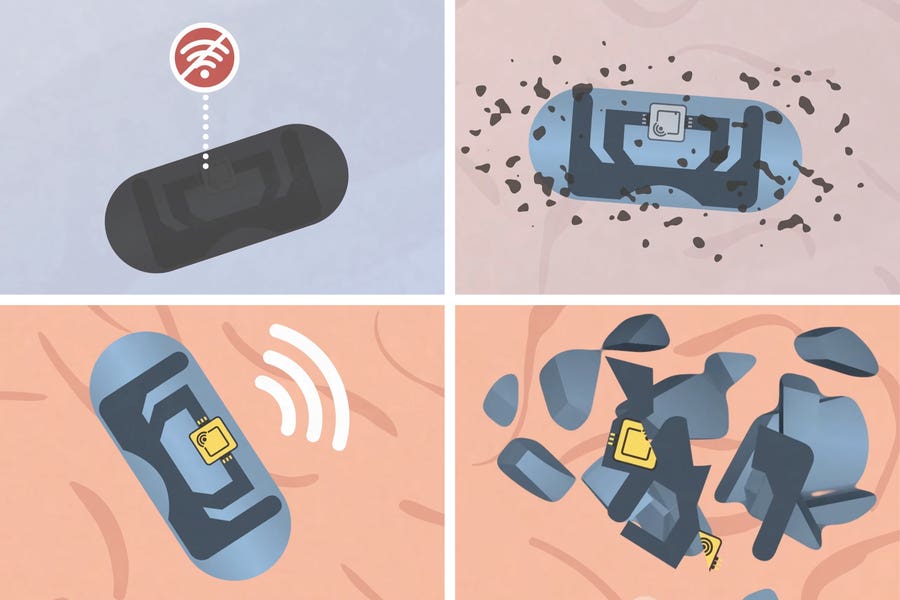Surprising impact of online gaming social networks on mental health
The digital world’s allure sometimes comes with a dark side—video game addiction, isolation, mood or behavior changes.

[May 12 2023: Staff Writer, The Brighter Side of News]
In today's digitally-driven world, video games are an everyday pastime for millions of Americans. (CREDIT: Creative Commons)
In today's digitally-driven world, video games are an everyday pastime for millions of Americans. They serve as a form of escapism, relaxation, and entertainment, often morphing into a social activity thanks to the connectivity offered by the internet.
However, the digital world's allure sometimes comes with a dark side—video game addiction, isolation, mood or behavior changes, and even a potential contribution to anxiety and depression.
A new study published in Sociological Focus brings fresh perspectives to these concerns by delving into the crucial role of social connectivity and support for online gamers.
The study, helmed by Tyler Prochnow, PhD, and Megan Patterson, PhD, of the Department of Health Behavior at the Texas A&M University School of Public Health, also involved colleagues from the University of North Carolina and Baylor University. They utilized social network analysis to examine the evolution of social relationships within an online gaming platform over time.
Related Stories:
The researchers focused on a social network of an online football simulation game, conducting surveys at the season's start and end. In this particular game, members play as the head coach of a football team, competing against other participants over a ten-month span. Members can interact through the site's forums, chat, and direct messaging capabilities, thereby fostering a sense of community and support.
“We wanted to showcase the community building and informal relationships built through these online settings,” Prochnow said. “Many people feel a sense of community, support and comfort through online gaming, and I think we need to do a better job measuring these connections and fostering them to improve mental health in today's digital age.”
The surveys garnered 37 responses at the season's start and 40 at the end, with 30 members participating in both surveys. The team collected a range of data, including demographic details, the number of hours spent on the gaming site, and time spent playing other video games. The researchers also gathered data on members' depressive symptoms and their perceived ability to discuss their problems with others.
Previous studies have shown correlations between the strength of social networks and depression. Robust social networks can provide individuals with a broader support base, and informal social networks, such as those in online gaming, can play a crucial role in managing stress and seeking professional help for anxiety or depression.
The study made several crucial discoveries. It found that social support, community sense, and depressive symptoms influenced the gaming site's social structure over time. The researchers noted that members with more online social support and less real-life support were more likely to interact with other members.
They also discovered that communication ties were more likely to form when communications were reciprocated or transitive (involving three people groups or clusters). Furthermore, members spending more time on the site had more communication ties.
A strong sense of community and value in being part of the site also seemed to foster communication ties. These members might be more comfortable discussing real-life issues, highlighting the importance of a sense of community in online gaming sites.
However, the researchers also noted that online communities could sometimes become ideological echo chambers, reflecting the complexities inherent in digital social dynamics.
The findings underscore the complex interplay between mental health, social support, and online gaming. (CREDIT: Creative Commons)
Interestingly, while members with less real-life support were more likely to establish communication ties, those reporting more significant depressive symptoms tended to create fewer communication ties over time. This could indicate the need for more robust support systems, including telehealth mental health care options, for members experiencing depressive symptoms.
The findings underscore the complex interplay between mental health, social support, and online gaming, and the need for further research to untangle these relationships. As we move forward, an in-depth understanding of these interactions can inform interventions to improve social connectivity and mental health for socially isolated communities, particularly relevant given the recent social upheaval and isolation experienced during the early stages of the COVID-19 pandemic.
For more science and technology stories check out our New Discoveries section at The Brighter Side of News.
Note: Materials provided above by The Brighter Side of News. Content may be edited for style and length.
Like these kind of feel good stories? Get the Brighter Side of News' newsletter.



